Understanding False Accusations of FII
What is FII, how does it relate to School Avoidance, and how can we support families?

False Accusations of FII and Their Impact
Accusations of FII can be distressing and traumatic for families. When these accusations are unfounded, they can lead to:
- Emotional Distress: Families may feel isolated, mistrusted, and under constant scrutiny.
- Disruption of Trust: Relationships between parents and healthcare or educational professionals can become strained, leading to a lack of trust.
- Legal and Social Consequences: Families may face investigations, legal battles, and social stigma.
Why False Accusations Can Lead to More School Avoidance
False accusations of FII can exacerbate school avoidance for several reasons:
- Increased Anxiety: Children and parents may experience heightened anxiety due to the scrutiny and investigation, making it even harder for the child to attend school.
- Distrust in Professionals: Parents may become wary of engaging with school staff and healthcare professionals, fearing further accusations.
- Disruption of Support Systems: Essential support systems may be disrupted, leading to a lack of appropriate accommodations and understanding in the school environment.
Repercussions of Blaming Parents or Carers
Blaming parents or carers for their child's school avoidance can have serious negative repercussions, including:
- Emotional Harm: Parents may experience guilt, shame, and stress, which can impact their mental health and their ability to support their child.
- Family Breakdown: Constant blame and scrutiny can strain family relationships, sometimes leading to breakdowns.
- Ineffective Solutions: Blaming parents shifts the focus away from finding effective solutions to support the child, leading to prolonged issues.
Why Families of Children with SEND Have a Higher Rate of FII Accusations
Families of children with SEND are at a higher risk of FII accusations for several reasons:
- Complex Medical Histories: Children with SEND often have complex medical and educational needs, which can be misinterpreted as signs of FII.
- Frequent Medical Visits: Regular medical appointments and interactions with various professionals can raise unwarranted suspicions.
- Misunderstanding of SEND: Lack of understanding about certain disabilities and conditions can lead to misjudgment by professionals.
Professionals can play a crucial role in supporting families and mitigating the risks of false FII accusations by:
- Open Communication: Establishing clear, empathetic, and regular communication with families to understand their perspectives and concerns.
- Building Trust: Developing a trusting relationship with families by showing respect, understanding, and consistency in interactions.
- Professional Training: Ensuring that all professionals involved are adequately trained to understand SEND and the complexities associated with it.
- Collaborative Planning: Working together with parents, healthcare providers, and educators to create an individualised plan that supports the child's needs.
- Avoiding Assumptions: Approaching each case with an open mind and avoiding assumptions based on incomplete information.
Conclusion
False accusations of FII due to school avoidance can have serious consequences for families, particularly those with children who have SEND. By understanding the impacts, avoiding blame, and working collaboratively, professionals can support families effectively and help children receive the education and care they need. Building a foundation of trust, empathy, and communication is key to overcoming these challenges and fostering a supportive environment for all involved.


